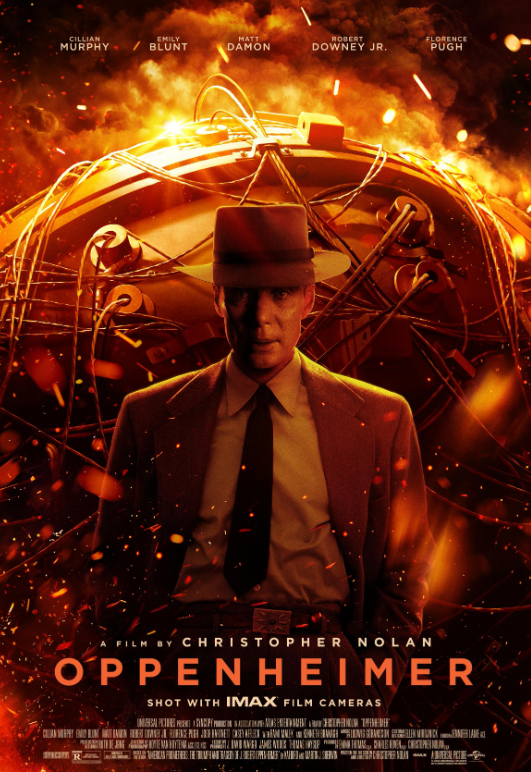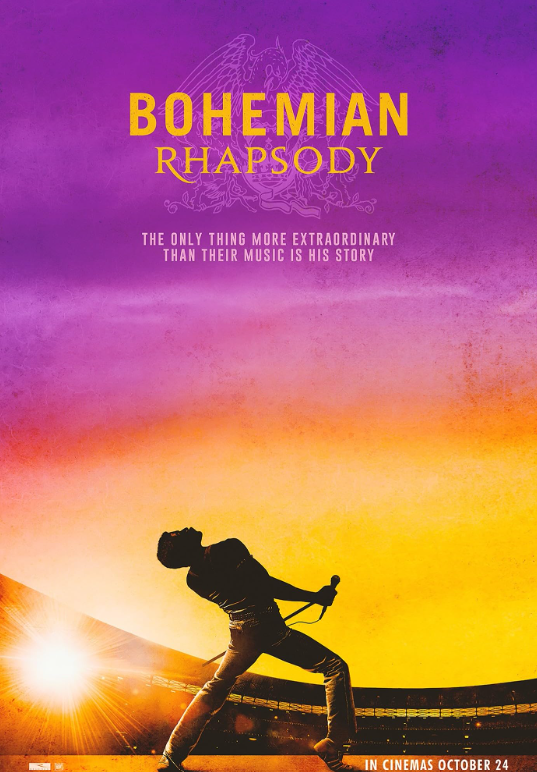
Harkening back to grade school American history classes, I’ve been imbued with the virtues of American capitalism and the vices of the threatening “other” in communism. I’ve been bred with a meticulously planned and crafted bias against places like Cuba. Like an oft-told familial problem some families don’t like to acknowledge, I’ve rarely volunteered questions in fear of stirring the pot. Despite the United States and Cuba restoring diplomatic relations in 2015, I can’t say that with what little I know of the country, I hold it in the highest regard.
But in comes documentarian Jon Alpert, shifting the way Cuba is viewed, freeing us from the shackles of ignorance, allowing us to appreciate the people of a nation that has long been regarded as merely that: an inaccessible communist country that happens to be off of the American coast (only 105 miles away from Key West), yet one that’s like that of an off-world colony.
Akin to Michael Apted’s “7 Up” series, Alpert’s comprehensive documentary begins in the mid-1970s, touching base every few years with three disparate groups of people on the island, from a blithe trio of carefree brothers living on their self-subsisting farm (working well into their golden years) to a mother’s children (and eventually their children) and a man adapting his lifestyle to a capitalistic one in the black market in order to support himself. We even see Alpert’s agreeable relationship with Fidel Castro.
“Cuba and the Cameraman” starts in the recent past, showing us footage of a procession moving through a grieving country after the passing of Fidel Castro on November 25, 2016. A variety of reactions are shown: some grieve, some celebrate and others watch numbly; we can’t tell if this is a happy or sad occasion for some. Which way should we have felt about Castro’s passing?
Alpert’s initial intrigue in Cuba begins with the country’s revolution in the 70s, where policies and issues of better health care, schooling and housing were being enacted. As an ambitious, idealistic vicenarian living in New York City, Alpert championed many of these same issues, saying: “A lot of the things we were fighting for, we heard were being implemented in Cuba, but we also heard that people were unhappy about what was going on. We decided we wanted to see for ourselves.”
With unpaid crew members in the form of family in tow and while schlepping cumbersome film equipment in a baby carriage, Alpert gets his first big break when he catches the eye of the bemused Fidel Castro, who, much to the chagrin of his security, approaches Alpert with mutual curiosity. “Ever since then, he took a shine to me and we became good friends,” Alpert said.
The documentary beings to pick up steam, serving as even groundbreaking when Alpert gains exclusive access to Fidel, accompanying him as the only American journalist on a flight to New York in anticipation of his address to the United Nations in October of 1979. Never before has Castro been so humanized, so life-sized from an American perspective, as we see that even political leaders like Castro are relegated to crummy New York hotel rooms. Castro’s gruff humor and reticent demeanor is cautious, yet Alpert’s cheery, good-natured attitude and on-the-spot translations for us drive the narrative and conversations forward when there isn’t even much to say or show. It is in the mundane that we, much like Alpert, spectate and explore. One scene in Castro’s hotel room shows him communicating with the camera, unbuttoning his shirt to reveal to his hairy chest, serving as proof to Alpert that he does not, in fact, sport a bulletproof vest.
Alpert dives into the seemingly mundane with no agenda when he comes across a group of three brothers who live and work their farm where they house an abundance of chickens, oxen, cattle, fruits, vegetables and more. This is one of the three families with whom Alpert creates life-long friendships.
We see through the lens of these farmers how the state of Cuba tragically weakens after the fallout of the Soviet Union and a dearth of funding from Eastern Bloc supporting nations. The insidious socioeconomic decline of the country is more pronounced every five or six years when Alpert visits. Despite the nature of their country and farm, the brothers welcome the man they know so little about with open arms and hearts. We see these brothers, even in their late 80s, racing their bikes back to their shack after a long day, drinking homemade rum and singing improvisational songs of their troubles in a tragically beautiful manner that charms on a deep level.
Though some may grumble at the film’s sympathetic look at Castro’s brand of Marxist-Leninism, this documentary allows us to be a fly on the wall, revealing a window into a place that didn’t have any windows before. Alpert’s story proves to be especially enthralling, as Cuba will be lead without a Castro for the first time since 1961 as Fidel’s brother Raul’s term ends in 2018.
Every now and then, it’s quite remarkable to have your views on a place and a people shifted in a compellingly emotive manner. “Cuba and the Cameraman” empowers the viewer with a look at the country through the lens of its diverse, fascinating people rather than through policy. From watching the documentary, I contemplate how sad it is to see a country seem to have been uprooted with many of its people suffering in ways I have never known. On the other hand, I also think how joyous a simpler life would be. Who really does have it “better?”
Ben Tuval can be reached at [email protected].


















